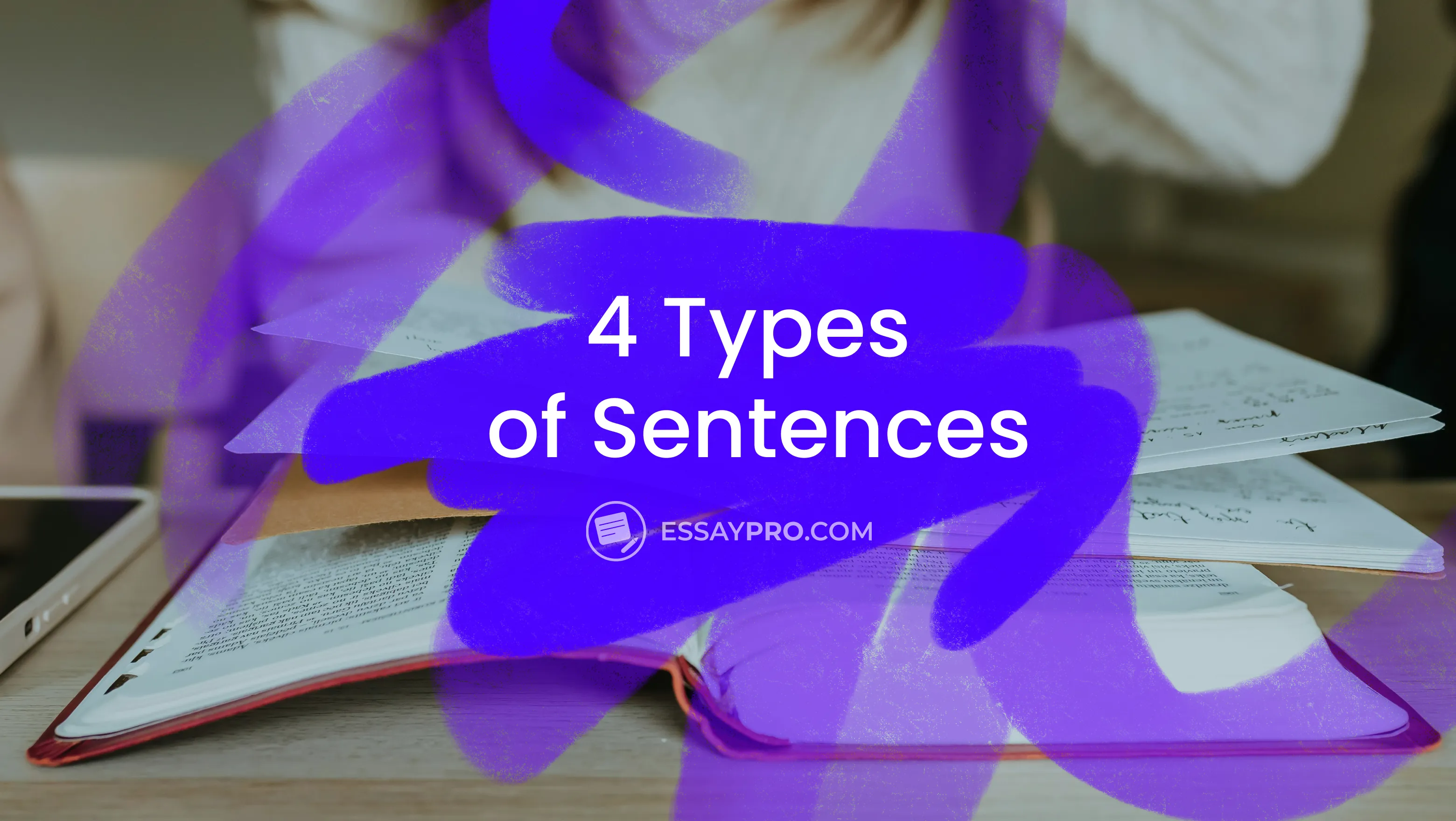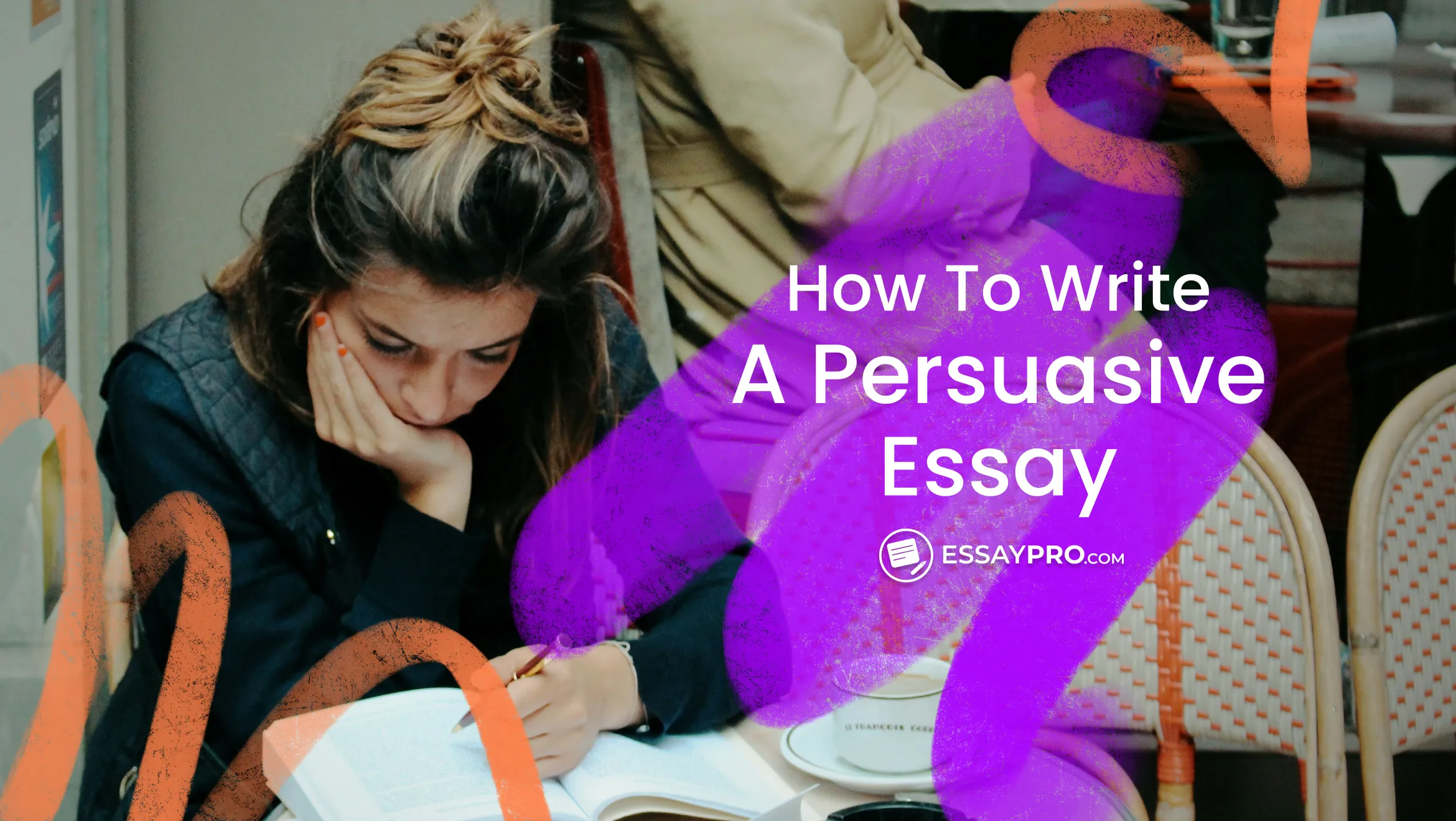Key Takeaways
- Sentences fall into two categories: function, which explains purpose, and structure, which explains how ideas are built.
- The four sentence types by function are declarative, interrogative, imperative, and exclamatory, each with a clear role in communication.
- Sentence structure includes simple, compound, complex, and compound-complex forms, based on how clauses connect.
Different kinds of sentences ultimately fall into two practical categories: function and structure. The former explains what a sentence is doing, whereas the latter describes how that sentence is built. By function, writers use declarative sentences to state ideas, interrogative sentences to ask questions, imperative sentences to give direction, and exclamatory sentences to express strong emotion. By structure, sentences appear as simple (one independent clause), compound (two or more independent clauses), complex (one independent + dependent clause), and Compound-Complex (multiple independent + dependent clauses).
This article will show you different types of sentences with examples, so you can tell the four types apart according to their structure and function. If you still need help with your essay's grammar or content, EssayPro's research paper writing service can give you consistent guidance.


Function of the Different 4 Types of Sentences
There are four kinds of sentences by function: Declarative sentences deliver statements. Interrogative sentences ask for information. Imperative sentences guide behavior. Exclamatory sentences communicate strong feelings. Let's discuss each type with clear examples in the section below:
Declarative Sentences
Declarative sentences present information in a direct, grounded way. They state facts, share conclusions, or explain ideas. Most academic writing rests on this sentence type because arguments and evidence need steady delivery.
Declarative sentence examples:
- The city wakes up slowly after a night of heavy rain.
- Fresh bread fills the kitchen with a familiar smell.
- The train arrived earlier than expected.
Interrogative Sentences
Interrogative sentences pose questions and open space for answers. A question mark closes each one. Writers use this sentence type to frame inquiry, guide research direction, or invite readers into a line of thinking. Every type here plays a role in shaping how readers engage.
Interrogative sentence examples:
- Why did the lights turn off all at once?
- How did you learn about the event?
- What happens next after the doors close?
Imperative Sentences
Imperative sentences give direction. The subject often stays implied, yet the message remains clear. Instructions, prompts, and editorial notes rely on this sentence type to move the reader toward action without confusion.
Imperative sentence examples:
- Close the window before the storm reaches the street.
- Take a moment and read the instructions carefully.
- Turn left at the next intersection.
Exclamatory Sentences
Exclamatory sentences express strong emotion or emphasis. An exclamation mark signals intensity. Academic writing uses this form sparingly, though it still appears in reflective writing, narratives, or moments where emphasis strengthens meaning.
Exclamatory sentence examples:
- That sunset looks unreal!
- I cannot believe we made it in time!
- What an incredible performance!
Use EssayPro's dissertation writing services if you need academic guidance at higher levels of your education.
Structure of the 4 Types of Sentences
Structure defines how much is happening within a single sentence. The four kinds of sentences by structure are simple, compound, complex, and compound-complex. Each one depends on how many clauses appear and how those clauses connect.
Simple Sentences
A simple sentence contains one independent clause. It has a subject and a verb and expresses a complete thought. Length does not define this type of sentence. One clause means that the structure is simple, even when extra details appear.
Simple sentence examples:
- The dog slept by the door.
- Morning fog covered the hills.
- She finished the puzzle before dinner.
Compound Sentences
A compound sentence links two or more independent clauses. Each clause can stand alone as a full sentence. A coordinating conjunction or a semicolon usually connects the clauses. This type of sentence works well when ideas carry equal weight and belong side by side.
Compound sentence examples:
- The sun set early, and the streetlights flickered on.
- He packed his bag, but he forgot the charger.
- The phone rang; nobody answered.
Complex Sentences
A complex sentence combines one independent clause with at least one dependent clause. The dependent clause adds context such as time, reason, or condition. This type of sentence allows a main idea to stay central while supporting details built around it.
Complex sentence examples:
- She stayed inside because the weather turned rough.
- When the music stopped, the room fell silent.
- He kept driving although the road looked unfamiliar.
Compound-Complex Sentences
A compound-complex sentence includes multiple independent clauses along with at least one dependent clause. This type of sentence handles layered ideas that unfold across multiple actions or moments. Clear connections keep it readable and controlled.
Compound-complex sentence examples:
- When the rain began, we rushed inside, and the game ended early.
- She finished the call after sunset, and she locked the office before leaving.
- Although the store closed late, the staff cleaned up, and the lights went out.
Our simple punctuation guide will help you avoid any grammar errors when building complex and compound sentences.
The Last Word
There are four types of sentences, grouped by function and structure. Even if you choose to buy essay online, understanding how these sentence types work will still strengthen your own writing. Function tells the reader what a sentence does, while structure shows how it is built. Declarative, interrogative, imperative, and exclamatory sentences show purpose. Simple, compound, complex, and compound-complex sentences handle form. Knowing how these four types of sentences work makes writing clearer and more controlled, especially in academic work.
FAQs
How Many Types of Sentences Are There?
There are four types of sentences based on what they do. Declarative, interrogative, imperative, and exclamatory sentences each serve a different purpose and use punctuation to show intent.
What Are the Types of Sentences Based on Structure?
Based on structure, sentences fall into four groups: simple, compound, complex, and compound-complex. The difference comes down to how many clauses the sentence has and how those clauses connect.
What Are the Types of Sentences Based on Function?
When looking at function, sentences also break into four types. Declarative sentences make statements. Interrogative sentences ask questions. Imperative sentences give instructions or requests. Exclamatory sentences show strong feeling.
What Is the Difference Between Declarative and Interrogative Sentences?
Declarative sentences share information and usually end with a period. Interrogative sentences ask something and end with a question mark, which tells the reader a response is expected.
What Is the Difference Between Simple and Compound Sentences?
A simple sentence has one independent clause and expresses a complete idea. A compound sentence joins two or more independent clauses to connect related thoughts.

Daniel Parker
is a seasoned educational writer focusing on scholarship guidance, research papers, and various forms of academic essays including reflective and narrative essays. His expertise also extends to detailed case studies. A scholar with a background in English Literature and Education, Daniel’s work on EssayPro blog aims to support students in achieving academic excellence and securing scholarships. His hobbies include reading classic literature and participating in academic forums.
- Sentence Types - Del Mar College. (n.d.). https://www.delmar.edu/. https://www.delmar.edu/offices/swc/grammar-and-punctuation/sentence-types.html
- Sentence Types (Statements, Questions, Exclamations, & Commands). (2009). https://www.english-grammar-revolution.com/sentence-types.html
- Education Bureau. (n.d.). Basic English sentence patterns [PDF]. Education Bureau of the Hong Kong Special Administrative Region Government. https://www.edb.gov.hk/attachment/en/edu-system/primary-secondary/applicable-to-secondary/moi/support-and-resources-for-moi-policy/lsplmfs-sch/d-sch/ow/es/







